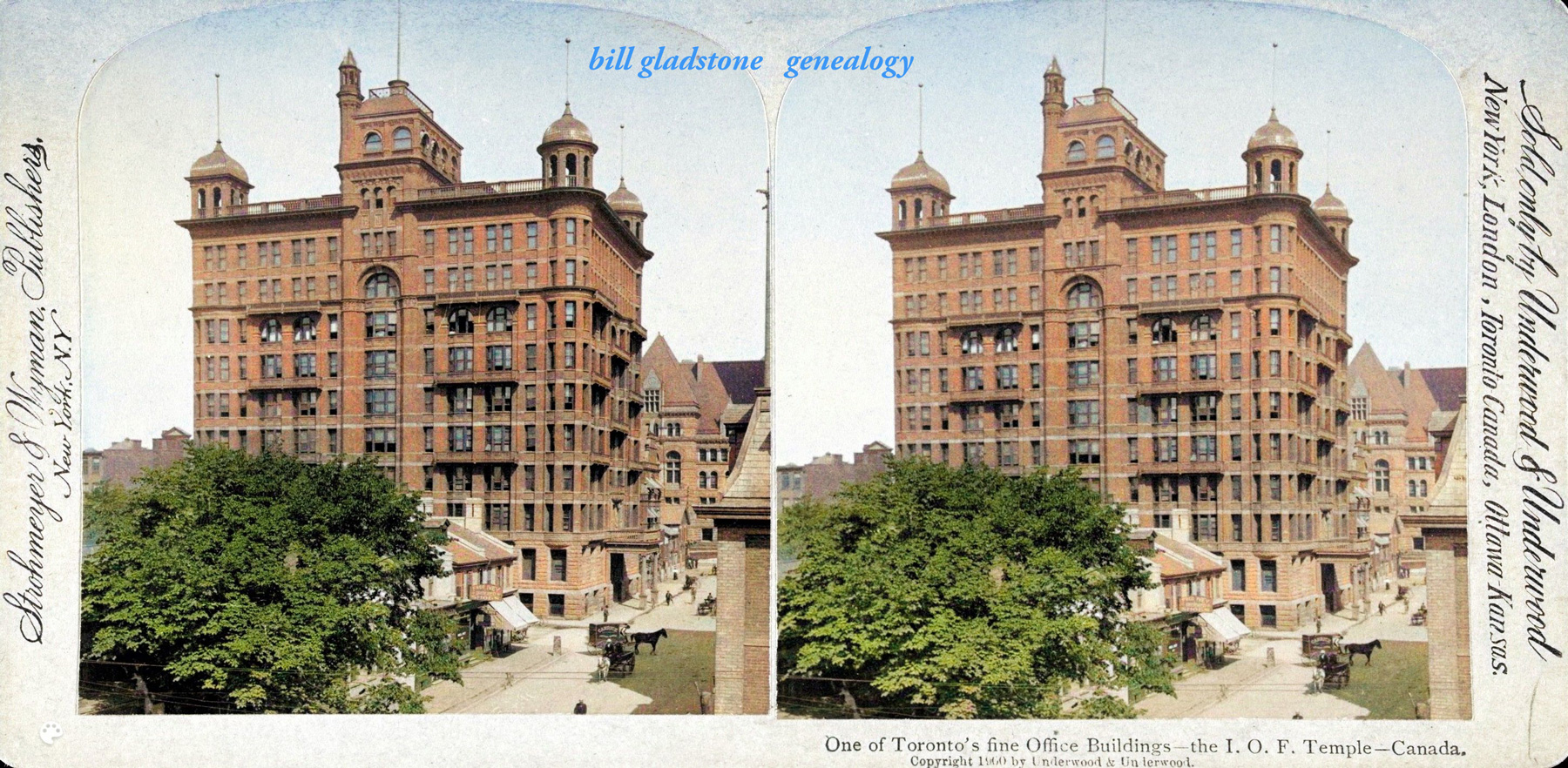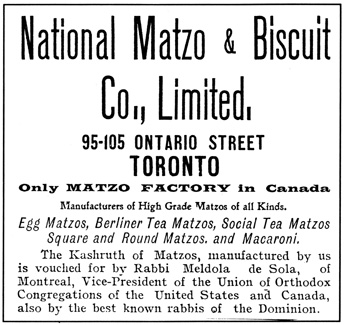Born on Toronto’s Grace Street in 1927, Evelyn Wolfe became a well-to-do Forest Hill matron, cable-TV talkshow host, Jewish book-club organizer and social convener at the Beth Tzedec congregation, Judging from her recent autobiography Stray Cats & Other Loves (Mosaic Press,2005), she fulfilled each of these roles energetically and with style.
A born raconteur, the first-time author tells of her various adventures, escapades and intrigues with surefooted ease and surprising candour.
Her account of her intimate friendship with Irving Layton, whom she revered, should provide fodder for future biographers of the celebrated Montreal poet, who died recently at 93. She also maintained a longtime romantic friendship with Gideon Hausner, the late Israeli legislator who gained renown as Eichmann’s prosecutor at the Nuremberg trials.
The names of many other celebrities, both local and international, are sprinkled throughout these pages like raisins in a fruitcake. The “dramatis personae” include Aharon Appelfeld, Arthur Cantor, Nathan Cohen, Fania Fenelon, Raul Hilberg, Irving Howe, Werner Klemperer, Victor Kugler, Samuel Pisar, Chaim Potok, Mordecai Richler, Morton Shulman, Elie Wiesel and Herman Wouk. Most come across favourably but a few, such as Shulman, seem to hoist themselves by their own petards.
Wolfe was brave and determined enough to break off wedding plans with an early suitor who was wrong for her, and resourceful enough to build a rich social life through her sometimes difficult married years, befriending the “stray cats” she found wherever she went.
While she spends relatively few words on her marriage, she gives full airing to various distressing family matters, such as her daughter’s recurrent bouts with anorexia and the escalating business and legal troubles of one of her brothers.
Despite her occasional references to herself as a “nervous wreck” who lacked confidence in her younger years, she comes across as warm-hearted. high-spirited and sure of herself, someone towards whom others naturally gravitate.
Her charm comes through in her description of an early meeting with Layton. Arranging a 1969 speaking engagement for the poet in Toronto, she gave a small party in his honour and later drove him to the synagogue for the speaking engagement.
“By the time we reached Beth Tzedec, I was very comfortable with him, although a little bit in awe of his great intelligence,” she writes. “As we waited back stage to begin the program, Irving asked:
“‘Evelyn, is it all right to use four letter words in the synagogue?’
“‘Absolutely not,’ I answered, without flinching, ‘but five letter words are fine, so if you want you can pluralize them.’
“He roared his booming, infectious laugh and hugged me. When something delighted him, his reaction was a sight to behold. At that moment, I felt a bond between us.’”
Wolfe also became a faithful longtime friend to Stuart Rosenberg, the influential Beth Tzedec rabbi who was summarily dismissed by the congregation, prompting much hard feelings and an eventual lawsuit. Three weeks before the High Holidays, Wolfe arranged to erect a tent on her lawn for alternative services over which Rosenberg presided.
Another of her lawn parties had a decidedly different tone, and stands out as the book’s most madcap and silly moment. Keeping a promise she had made to her daughter, she held a “Bark Mitzvah” party for the family dog, Toto, to which other dogs and dog owners around the neighbourhood were invited. A newspaper photographer showed up to record Wolfe’s zany canine caper for posterity.
In 1950, she and husband Milton Wolfe moved into a Bathurst Street apartment at what is now Markdale Avenue, and her reminiscences are both vivid and historic.
“The building was on the west side of the street and at the back was a small garden where we all sat in the summer. Beyond that was nothing but an open field. Today, the area is called Cedarvale, but at that time there were no streets, or houses. To the north of the building nothing was built except for the Holy Blossom Temple, and from there to Eglinton Avenue, there was nothing to be seen. I felt that we had moved to the outskirts of Toronto.”
Stray Cats & Other Loves is an impressive, engaging autobiography and a welcome addition to the growing body of literature about the Toronto Jewish community. An attentive proofreader, who might have caught some of the many annoying typos, would have made it even more of a delight to read. ♦
© 2005






